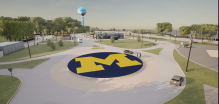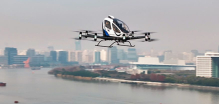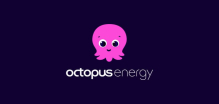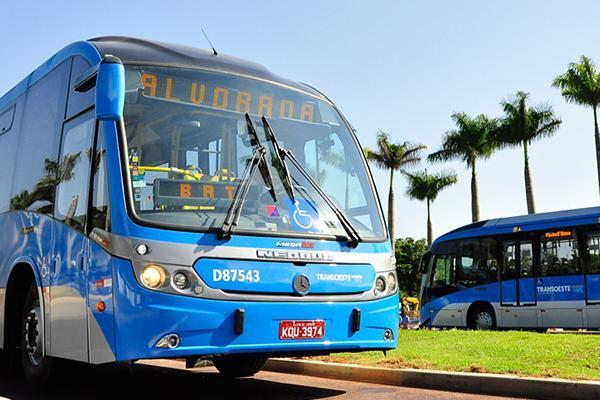The bus transportation system in the city is run by BHTrans - and organization established in 1991.Those critical of the organization say the company lacks visibility in relation to congestion issues and subsequently as a result ensures that many buses running services were uncomfortably congested. Whilst in contrast other services were severely under-utilized. However, a new ticketing system will now be able to provide the organization with data in a format that is useful in order to help BHTrans make strategic business decisions in relation to scheduling.
Mobile ticket provider Core-three recognized a gap in the market and subsequently responded to this and developed a solution to the problem. They introduced the use of iBeacons and mobile technology in order to capture data around congestion. Management feel BHTrans can utilize the data provided by the iBeacons to analyze services running at maximum capacity. In addition to this they're able to make an informed decision on how to react and manage the capacity on the network which will improve the service they deliver over a sustained period of time. This provides data that is then sent back to update an established operations center on overcrowded areas by plotting the amalgamated data on a map. If the same areas repeatedly suffer from congestion - BHTrans has the ability to adjust the number of buses on the route and fix the issue.
A government-supported facility for the advancement of smart cities has recently launched a project in which it aims to work with cities all over Brazil in an attempt to improve their smart city strategy and to develop urban mobility.
BHTrans has also developed an application which has the functionality to enable users to contact the company directly to alert them to network problems such as faults with bus stops - or to praise the networks for good levels of customer service levels. It can also allow them to make recommendations on how they feel they can improve the overall service for passengers.
By combining the data collected through iBeacons and then presenting the data in a format that is useful to BHTrans, strategic business decisions can be made about bus scheduling, whilst providing bus passengers with informative and tailored updates. Push notifications can seek to influence how a passenger travels then the system in place can capture this change in behavior and reward them for it through tailored incentive collaborations with nearby retailers.


















